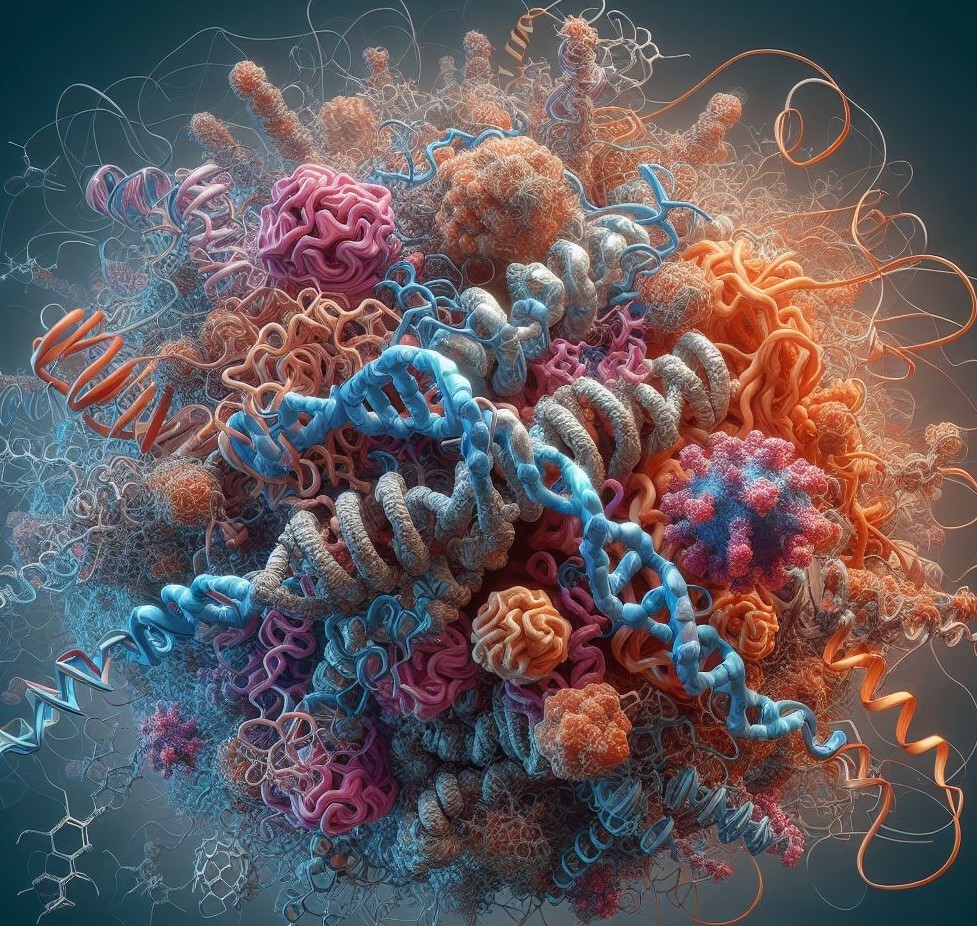Roche recently announced a significant milestone in Alzheimer’s disease diagnosis with the FDA granting Breakthrough Device Designation to its Elecsys pTau217 assay. Developed in collaboration with Eli Lilly, this blood test aims to identify amyloid pathology, a crucial marker for Alzheimer’s disease. The Elecsys pTau217 assay promises a faster and more accurate diagnosis of Alzheimer’s disease. This designation reflects the urgent need for improved diagnostic tools to address the global challenge of dementia.

Image Source: Vinoth Khandelwal
Roche’s Elecsys pTau217 assay is designed to detect the presence or absence of amyloid pathology, a hallmark feature of Alzheimer’s disease. Upon approval, it is poised to facilitate access to appropriate care, including participation in clinical trials and access to disease-modifying therapies. Elecsys pTau217 targets the phosphorylated fragment of the protein tau, known as pTau217, which has demonstrated strong performance in distinguishing Alzheimer’s disease from other neurodegenerative disorders. This blood-based assay offers a promising avenue for earlier and more accurate diagnosis.
Elecsys pTau217 is intended for individuals aged 60 years and older as an aid in identifying amyloid pathology, a key pathological feature of Alzheimer’s disease. Its potential to provide early detection could lead to timely interventions and improved patient outcomes. The Breakthrough Device Designation for Elecsys pTau217 signifies a significant step forward in Alzheimer’s diagnosis, with the potential to transform millions of lives.
Dr. Vinoth Khandelwal, Ph.D.



